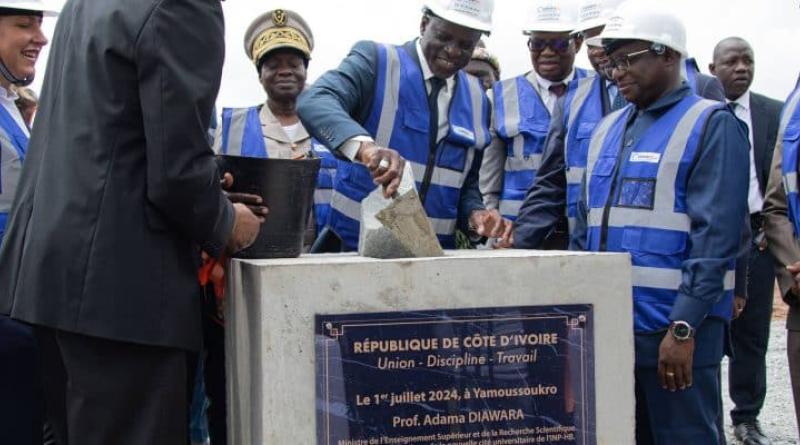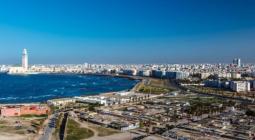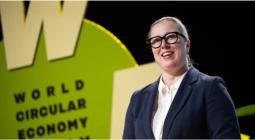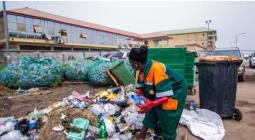Ivory Coast steps up the pace of the circular economy with an innovation laboratory

Ivory Coast, faced with waste pollution, is focusing on the circular economy to gradually eradicate it. To support this approach, Ivory Coast's Minister of Higher Education and Scientific Research, Adama Diawara, launched work on a world-class laboratory dedicated to the circular economy on 1 July 2024.
Ivory Coast has been on the road to the circular economy for several years now, and is in the process of setting up a world-class laboratory dedicated to the circular economy, known as the “Central Innovation Laboratory”. The project, which was launched recently by the Ivorian Minister for Higher Education and Scientific Research, Adama Diawara, is an initiative of the African Centre of Excellence for Waste-to-Value (CEA-Valopro), based at the Institut National Polytechnique (INP-HB) in Yamoussoukro, the Ivorian capital.
“Our aim is to build the capacity of African students and researchers by providing opportunities for practical learning and interdisciplinary collaboration, but also to ensure the transfer of technology to communities for a significant impact”, explains Yao Benjamin, the CEA-Valopro coordinator.
AFD funding
The future technical infrastructure will be built on a two-hectare site on the premises of INP-HB in Yamoussoukro. The laboratory will be equipped with state-of-the-art facilities and technologies, providing an environment conducive to innovation and cutting-edge research in the field of the circular economy, a practice that aims to extend the life cycle of products in order to reduce the consumption of raw materials and the production of waste, and to promote their recovery. This includes agricultural, agro-industrial, household, electronic, electrical and plastic waste.
The project, which is due to last 10 months, will also help to combat climate change in Ivory Coast, particularly by reducing methane (CH4), a chemical compound produced when waste decomposes on landfill sites. The initiative is financed by the government of Ivory Coast, thanks to a loan from the French Development Agency (AFD), and supported by the World Bank.





